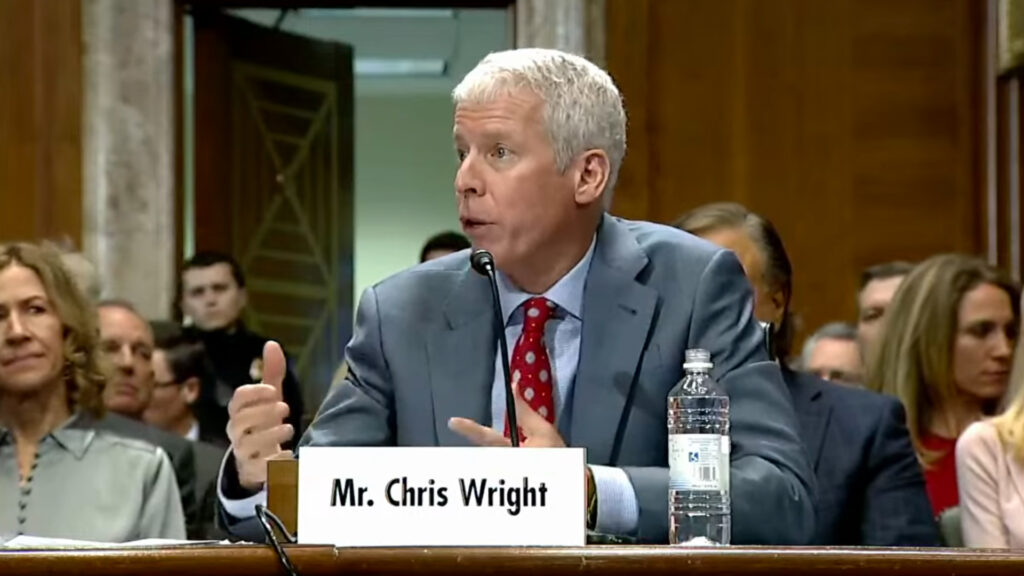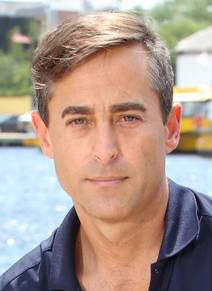By Colin Polsky
I have been a climate change researcher and educator for 30 years. You could say that’s a lifetime; during this time my children were born and raised to adults. My older child was born while Al Gore was campaigning as the first climate presidential candidate. If you’d told me then that we’d spend billions of dollars to fight climate change in the coming decades, I would’ve rested easy. Surely investments of that scale would fix the problem.
Alas, we have not made meaningful progress. We still have no durable climate policy. The prospects for fixing the climate problem remain as elusive today in 2025 as a full generation ago.
It’s time for a new way.
We break this pattern of expensive and bad climate policy results by learning from conservative media. Yes, some of them have promoted climate misinformation. But these outlets and their viewers get something fundamentally right about the climate change issue, something their opponents in the policy debates fail to grasp.
Resisting the ‘climate establishment’
First, the conservative media recognize that people are entitled to their opinions on climate change. Opinions not on the basic physics, but on what to do about the problem. This may sound obvious. But the “climate establishment” — the scientific community, and the Democratic Party — prefers to shut down alternative perspectives. Trust me, I’ve lived it. It’s not pretty. It’s also counterproductive.

Second, the conservative media know that a good share of the country distrusts the climate establishment to do a good job fixing the climate problem. Among conservatives there is strong support for fighting the climate change problem. They just don’t want to outsource the fixing to people they don’t trust.
What’s interesting about these two principles is that they aren’t particular to the climate issue. Any topic of public policy should be, in a democracy, debated. And any policy with a fighting shot at fixing the problem won’t be durable if the form of the debate cultivates distrust.
Unfortunately, the climate establishment acts as though a small, unelected group of scientists and policymakers has all the answers. The message everyone, including conservatives, receives is: Just fall in line. This attitude comes across as condescending and naive. The result is enough resistance to block any durable climate policy — despite the many costly such efforts since the late 1980s.
There have been some Pyrrhic victories along the way. Under Democratic administrations, climate policies have been enacted. Some have been promising. But the policy benefits, if any, are not durable because when the Republicans gain power, the policies are ignored or reversed. The result is no meaningful climate benefit over time. Two steps forward, then two steps back. Status quo ante, but with a big price tag. Isn’t it time for a new climate approach?
A new climate approach
A quick illustration of what a new climate approach would look like: Trump’s new Energy Secretary has argued that climate change is good because more atmospheric CO2 means more photosynthesis leading to more crop growth.
So we should burn more coal to fight global hunger, right? That is part of this counter-climate marketing. As such, the typical climate establishment response to a position such as that of the secretary is to reject or even ridicule it.
Yet it is in fact generally true that crops grow better with more ambient CO2. The climate establishment should therefore not dismiss this idea. Dismissing a true statement is gaslighting, which generates distrust. Of course, it’s also true that in addition to CO2, plants need nitrogen and water to grow, which are not linked in any clear way to CO2 levels in the air.

What the climate establishment should say in response to the secretary’s point is yes, CO2 does help plants grow, but the photosynthetic boost from climate change is trivial. Especially in light of other negative effects of CO2 increases on the full agricultural economy. Such a humble and candid response would help cultivate trust.
Ending the climate stalemate
In sum, after several decades our current climate policy approach has proven both unproductive and costly. There’s no reason to believe that repeating this failed approach will suddenly yield successes. We need a new way.
So now in 2025, let’s resolve to chart a new climate course. Our first task should be to earn more voter trust. Let everyone ask questions, and answer the questions respectfully. And importantly, we ask questions too since we are not omniscient. You may be pleasantly surprised how insightful the Q&A can be. True discussions are the bedrock of democratic consensus-building.
Thirty years from now I’ll be out of this arena. By then, my children will likely have their own kids. Let’s give them something different to talk about than a continued climate stalemate.
Colin Polsky is a geosciences professor at Florida Atlantic University and associate vice president of its Broward campuses. This article originally appeared on Fortune.com at https://fortune.com/2025/02/28/climate-change-establishment-stalemate/. Banner photo: A woman raises her hand to ask a question (iStock image).
Sign up for The Invading Sea newsletter by visiting here. If you are interested in submitting an opinion piece to The Invading Sea, email Editor Nathan Crabbe at ncrabbe@fau.edu.


